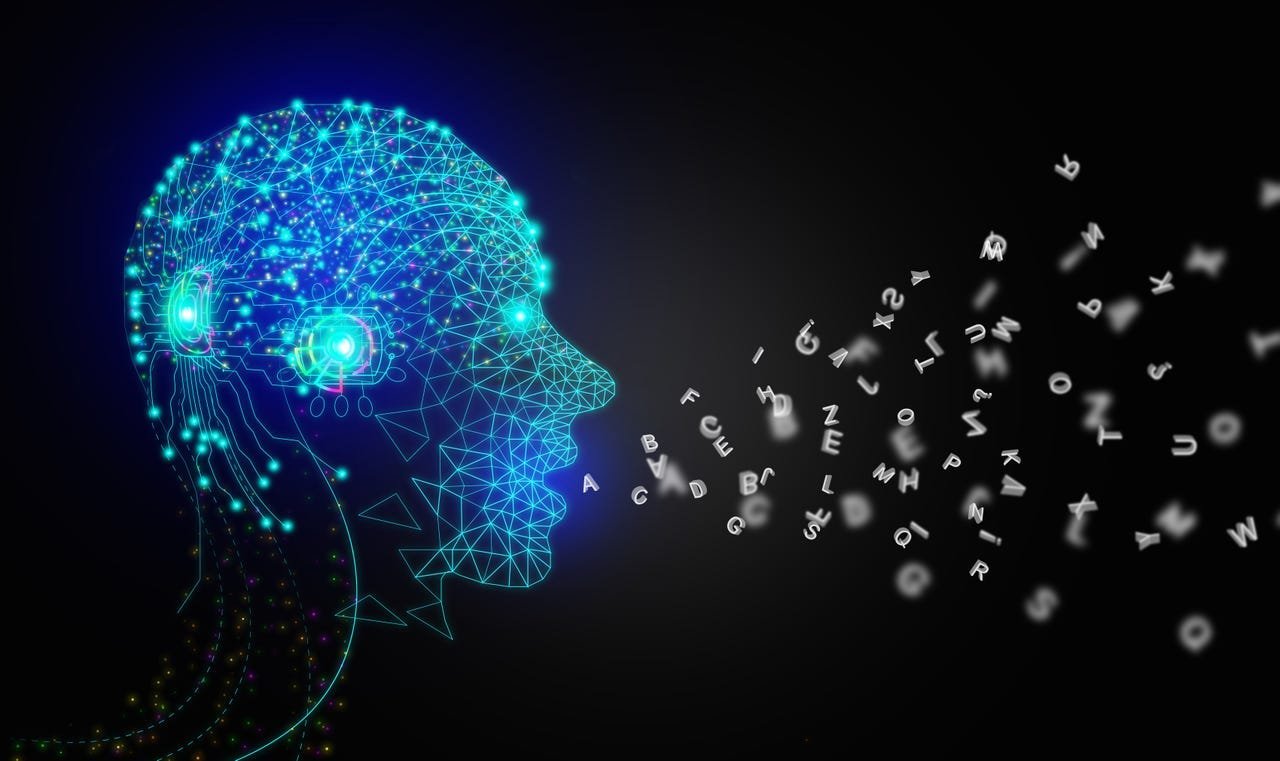The world of artificial intelligence (AI) has been abuzz with the rapid advancements in generative AI, the technology behind tools like ChatGPT and DALL-E. These tools have shown a remarkable ability to create human-like text, images, and even music, sparking both excitement and concern. However, as the initial hype subsides, some experts are beginning to question whether we’ve reached a plateau in generative AI’s progress.
The Promise and Pitfalls of Generative AI
Generative AI models have undeniably made significant strides in recent years. They can now generate creative content, summarize vast amounts of information, and even assist in writing code. These capabilities have led to predictions of a technological revolution, with some suggesting that generative AI could reshape industries and even replace human workers in certain tasks.
However, concerns have also emerged alongside the excitement. The potential for generative AI to be used for malicious purposes, such as creating deepfakes or spreading misinformation, has raised alarm bells. Additionally, the ethical implications of AI-generated content, including issues of bias and copyright, have sparked debates among researchers and policymakers.
A Plateau in Progress?
Recent developments in the field have led some to wonder whether the initial rapid progress of generative AI is slowing down. While models continue to improve in certain areas, some experts argue that we haven’t seen the same level of groundbreaking advancements as in the past year or two.
One reason for this potential plateau could be the limitations of current AI architectures. While models like GPT-4 have demonstrated impressive capabilities, they still struggle with tasks that require common sense reasoning or understanding the nuances of human language. Additionally, concerns about the environmental impact of training large AI models have led some researchers to explore more efficient alternatives.
The Road Ahead
Despite these concerns, the future of generative AI remains bright. Researchers are actively working on developing new AI architectures and training methods that could overcome the limitations of current models. Additionally, efforts are underway to make AI models more transparent and explainable, addressing concerns about bias and ethical implications.
It’s also important to remember that the impact of generative AI goes beyond the technology itself. The way we use these tools, the regulations we put in place, and the ethical considerations we prioritize will all play a crucial role in shaping the future of this rapidly evolving field.



















Add Comment